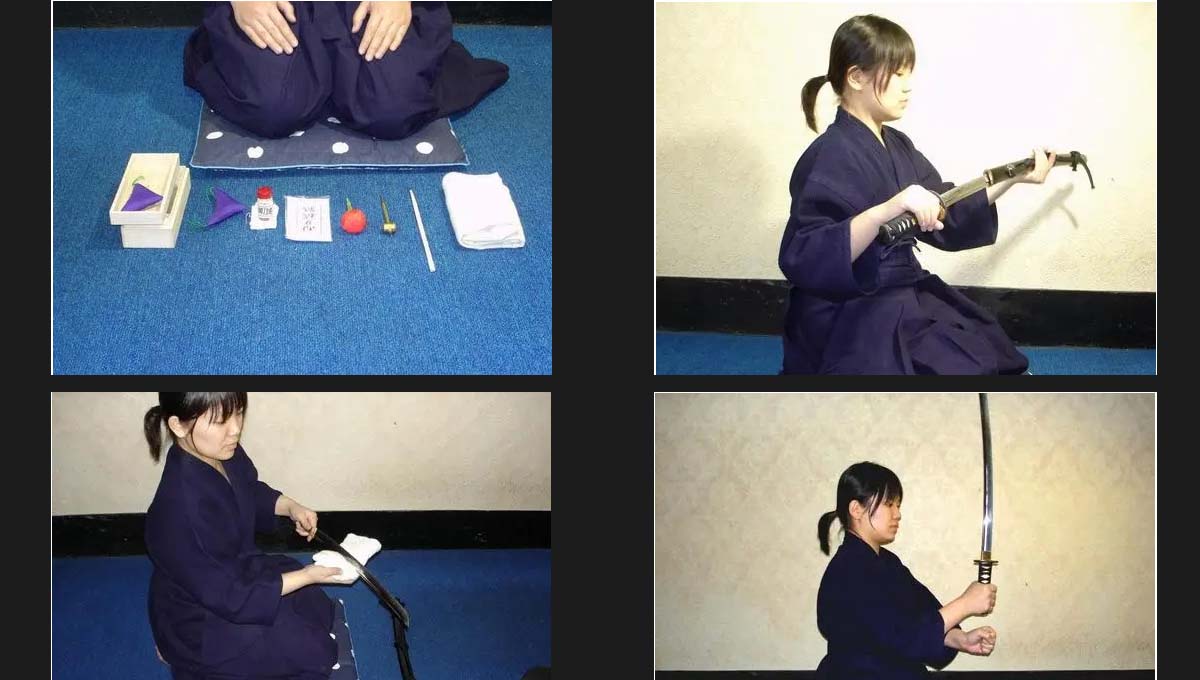Unlocking the Secrets to Long-lasting Sword Beauty and Functionality
How to care for a Japanese samurai sword?
Swords, be they Japanese Samurai swords or Chinese Dao blades, are not just weapons; they are works of art, symbols of history, and pieces of craftsmanship that deserve the utmost care and attention. Proper sword maintenance is essential to preserving their beauty and functionality for generations to come. In this guide, we’ll explore the intricacies of maintaining these iconic blades.
The Basics of Sword Maintenance:
Storage: First things first, swords should be stored in a dry and cool environment. Avoid exposing them to extreme temperatures, humidity, or direct sunlight. A wooden sword rack or stand is an excellent choice for display and storage.
Cleaning: Regularly clean your sword using a soft cloth. Dust and fingerprints can harm the blade’s surface. For stubborn spots, use a damp cloth followed by a dry one.

Japanese Samurai Sword Maintenance:
Oil the Blade: Japanese swords, like Katana, require regular oiling to prevent rust and keep the blade in pristine condition. Special sword oil (Choji oil) is recommended. Apply a thin coat evenly along the blade’s edge.
Check the Habaki: Ensure that the habaki (blade collar) is secure and properly fitted. Loose habaki can lead to blade damage over time.
Inspect the Tsuka: Check the handle (tsuka) for any signs of wear or loosening. Make sure the menuki (ornamental studs) are in place.
Sharpening: Professional sharpening should be performed when needed. Attempting to sharpen a Katana without the proper skills can cause irreversible damage.
Chinese Sword Maintenance:
Keep it Dry: Moisture is the enemy of Chinese Dao swords. After use or display, make sure the sword is thoroughly dry before storage.
Rust Prevention: Apply a light coat of mineral oil or a dedicated sword oil to the blade to protect it from rust and corrosion.
Handle Wrapping: Check the wrapping of the handle (tsuka ito) regularly. If it becomes loose, rewrap it or seek professional assistance.
Storage Position: Chinese swords should be stored flat rather than hanging vertically to prevent the handle from becoming misshapen.
General Maintenance Tips:
Avoid Touching the Blade: Handle the blade as little as possible to prevent oil from your hands causing rust spots.
Professional Inspection: Periodically, have your sword inspected by a professional. They can identify any issues that may require attention.
Avoid Using for Cutting Practice: Unless your sword is specifically designed for martial arts practice, refrain from using it for cutting exercises to prevent damage.
By following these maintenance guidelines, you’ll ensure that your Japanese Samurai sword or Chinese Dao remains not only a beautiful collector’s piece but also a testament to the enduring craftsmanship of these ancient blades.
Remember, proper maintenance isn’t just a duty; it’s a show of respect for these incredible pieces of history and art.

